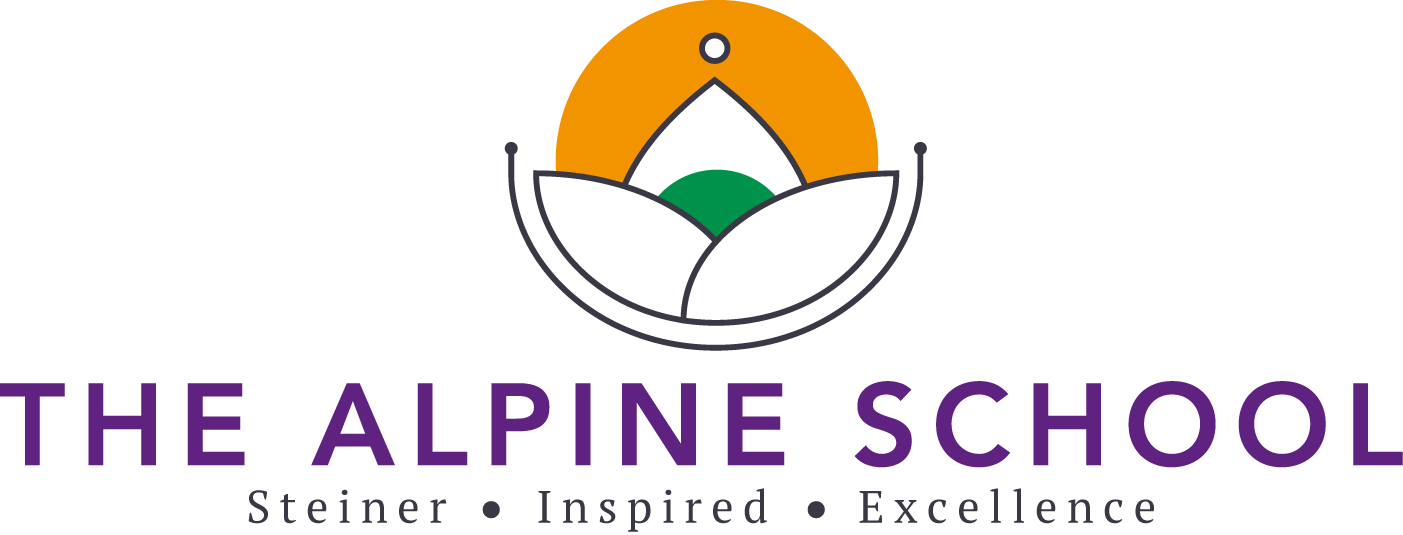Frequently Asked Questions
What is Steiner education’s approach to using digital technology?
Digital technologies are shaping our world and young people need to be digitally literate. Our approach to education is to provide a healthy context in which the whole child can develop, and we believe the most beneficial time to introduce digital technologies in the classroom is in the upper primary and early secondary years, so that the critical early years of development focus on more age-appropriate and creative mediums.
Why do you focus so much on creative arts and craft?
Creativity draws on imagination, which leads to innovative thinking, flexibility, problem-solving and empathy. Creativity is ranked No. 3 in the list of ten attributes needed for work-forces of 2020 and beyond (World Economic Forum Future of Jobs Report, 2018). Complex problem-solving and critical thinking were ranked 1 and 2. Steiner education equips children with these attributes and maximises their potential to succeed in our rapidly changing world.
What if my child isn’t creative?
All humans are inherently creative. Our curriculum allows children to discover and nurture their own unique creativity - no special skills are required.
What skills and attributes is a Steiner education aiming to develop?
Steiner education is based on building human capacities; our goal is to awaken innate human curiosity and passion in each student that will support them to become balanced, responsible, innovative and self-aware citizens that are adept at critical thinking and problem-solving. We encourage and develop children’s natural curiosity, building life-long learners with a highly developed capacity for finding creative solutions to complex issues.
When do children start learning math and literacy?
Steiner education supports a slower start to formalised academic learning. Our picture of child development supports the view that young children need more time and space to develop and learn through physical activities, exploration, social interaction, collaboration and communication before their formal education begins.
This approach aligns with schooling systems around the world that are internationally recognised for their excellent academic results; for example, Finland.
Extensive studies into this approach have found that a slower start to academic learning results in higher levels of academic achievement and wellbeing in later years.
In Steiner schools, this means that children do not commence their formal literacy and numeracy lessons until the second year of primary school (Year 1); however oral literacy and numeracy is fundamental to the Kindergarten curriculum, providing a strong foundation. We simply approach it in a play-based way, demonstrating foundational concepts through everyday activities.
Go to the ‘Innovative Learning’ page for more information.
